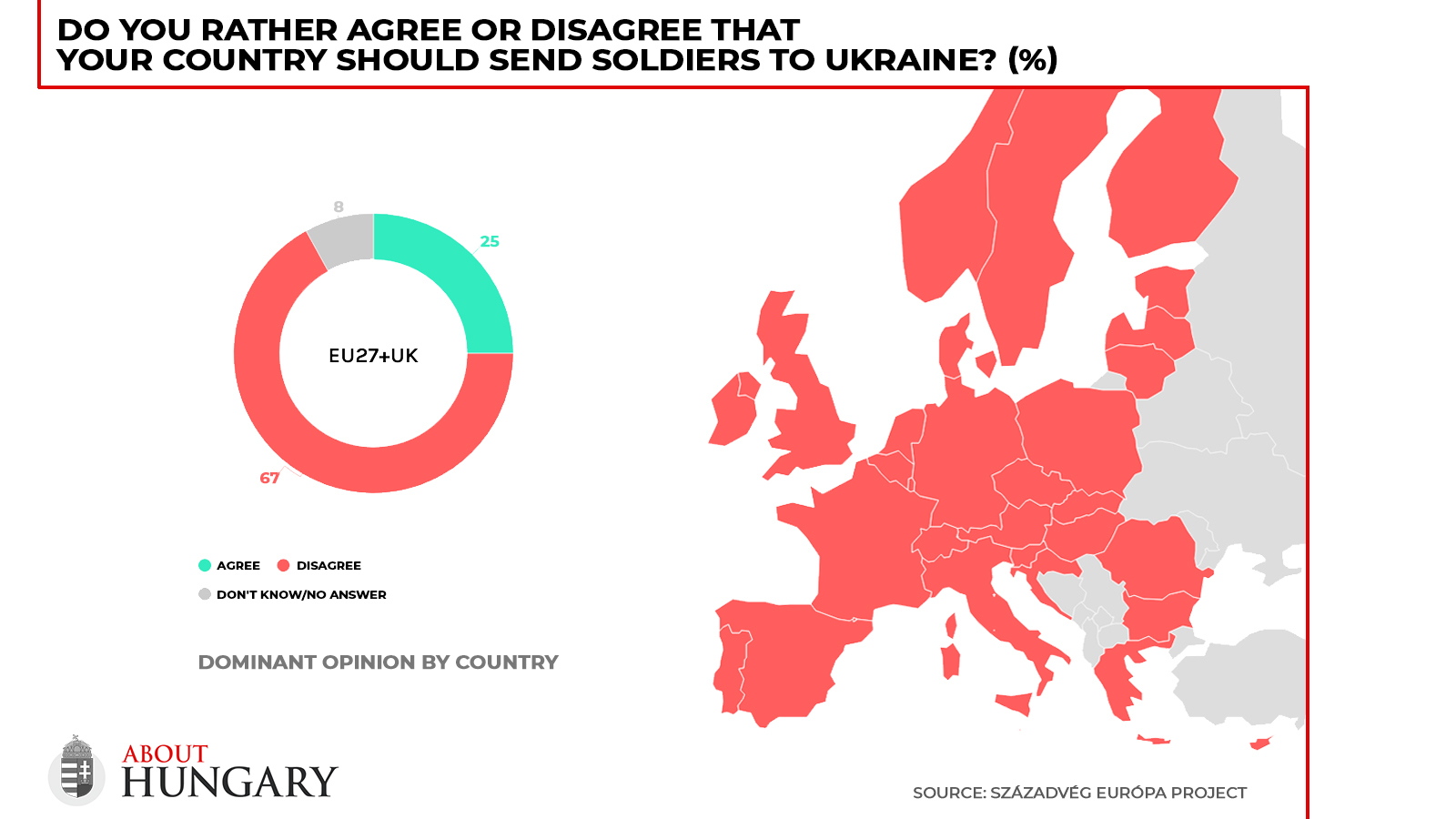International and European public discourse was significantly stirred when, on February 27th, French President Emmanuel Macron, at a summit he convened in Paris, did not rule out the possibility of sending "officially formed ground troops" to Ukraine in a bid to stop Russia.
Hungary immediately declared that it would not send troops or weapons to the Ukrainian battleground. Similarly, Germany, Italy, and Spain have distanced themselves from the French President's assertions. Additionally, Russian President Vladimir Putin has threatened the use of nuclear weapons against any countries that might support Kyiv by sending combat units.
Macron later insisted that his words regarding Western military intervention were "measured, considered, and deliberate," even accusing European countries of cowardice during a visit to Prague in early March for not sending troops to Ukraine.
It is crucial to note that President Macron's statements envisioning military intervention starkly contrast with the expectations of Europeans. According to a recent poll conducted by Századvég Institute's Europe Project, more than two-thirds (67 percent) of EU and UK citizens oppose the idea of their countries sending military troops to Ukraine. Furthermore, in none of the European countries surveyed did the majority of respondents favor sending troops to assist Kyiv.
The survey's findings are inseparable from the reality that the potential presence of Western military forces in Ukraine could lead to an immediate escalation of the Russian-Ukrainian war, transforming European countries into warring parties, and could result in a dramatic increase in both civilian and military casualties.
Read the full report here.

